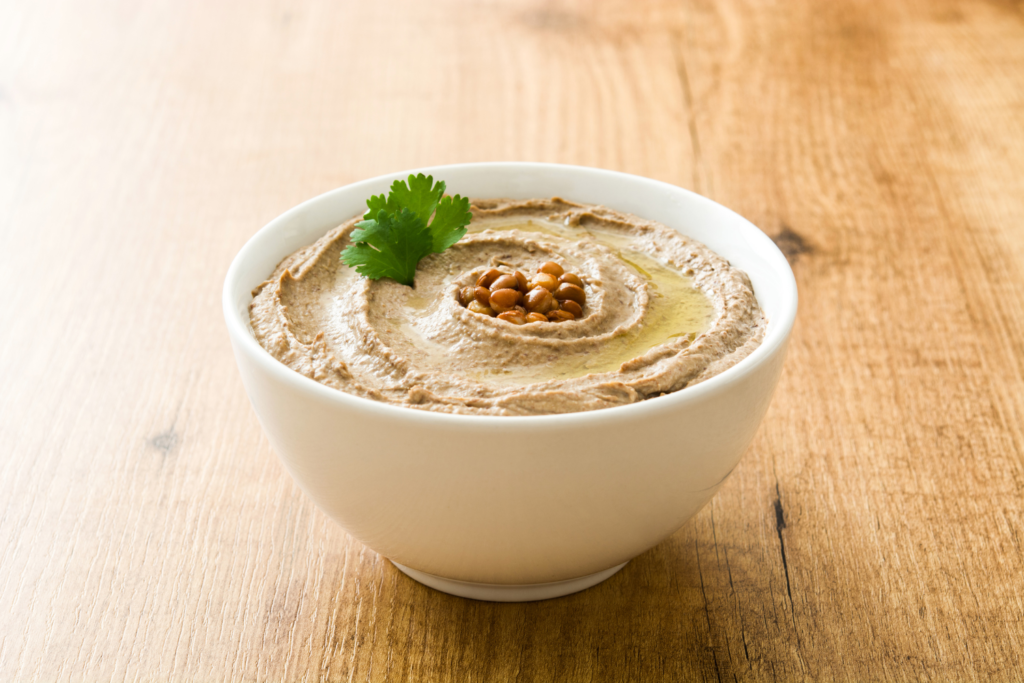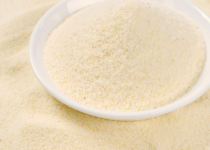Can Dogs Eat Hummus?

Can Dogs Eat Hummus? Exploring the Safety and Considerations
As dog owners, we often want to share our favorite foods and snacks with our beloved pets. Hummus, a popular dip made from chickpeas, may be one such item that sparks curiosity. However, when it comes to our furry companions, it’s important to ensure their safety and well-being by providing them with a suitable diet. In this article, we will explore the topic “Can dogs eat hummus?” and delve into the safety and considerations associated with feeding hummus to dogs.
Understanding Hummus:
Hummus is a creamy dip or spread made primarily from cooked and mashed chickpeas, tahini (sesame paste), olive oil, lemon juice, and various seasonings. It is enjoyed by many humans as a delicious and nutritious snack. However, dogs have different nutritional needs and digestive systems, which prompts the question of whether hummus is safe for them.
Can Dogs Eat Hummus? Examining Safety:
- Potential Digestive Issues:
When considering whether dogs can eat hummus, it’s important to take their digestive system into account. Hummus contains ingredients like garlic, onions, and lemon juice, which may cause digestive upset in dogs. These ingredients can be irritating to their gastrointestinal system and may lead to symptoms such as stomach pain, diarrhea, or vomiting. - Seasonings and Additives:
Hummus often includes seasonings and additives that can be harmful to dogs. Ingredients like garlic and onions, commonly found in hummus recipes, are known to be toxic to dogs and can lead to various health issues, including damage to their red blood cells. Additionally, some commercially available hummus products may contain high levels of sodium or preservatives, which can be detrimental to a dog’s health. - Allergies and Sensitivities:
Chickpeas, the primary ingredient in hummus, are not commonly allergenic for dogs. However, dogs can develop allergies or sensitivities to any food, including chickpeas. Signs of an allergic reaction may include itching, skin rashes, gastrointestinal upset, or respiratory problems. If your dog has a history of allergies or sensitivities, it is advisable to avoid feeding them hummus.
Benefits of Hummus for Dogs:
- Nutritional Value:
Chickpeas, the main component of hummus, are a good source of plant-based protein, fiber, and certain vitamins and minerals. In small amounts, these nutrients can offer some benefits to dogs. However, it’s important to note that dogs have different dietary requirements than humans, and their nutritional needs should be met through a well-balanced dog food diet. - Alternative Treat Option:
In some cases, hummus can be used as an alternative treat option for dogs. It can be a tasty and engaging way to provide mental stimulation and variety in their diet. However, it should only be given in small amounts, and the ingredients should be safe and suitable for canine consumption. - Homemade Hummus:
If you are considering giving your dog hummus, making homemade hummus can be a safer option. By preparing it yourself, you have control over the ingredients and can avoid harmful additives or seasonings. However, it is crucial to avoid using ingredients that are known to be toxic to dogs, such as garlic, onions, or excessive salt.
Feeding Hummus to Dogs:
- Consult with a Veterinarian:
Before introducing hummus or any new food into your dog’s diet, it is recommended to consult with a veterinarian. They can provide personalized advice based on your dog’s specific needs, health conditions, and dietary requirements. - Moderation is Key:
If you decide to give your dog hummus, it should only be in small amounts and on rare occasions. Remember


